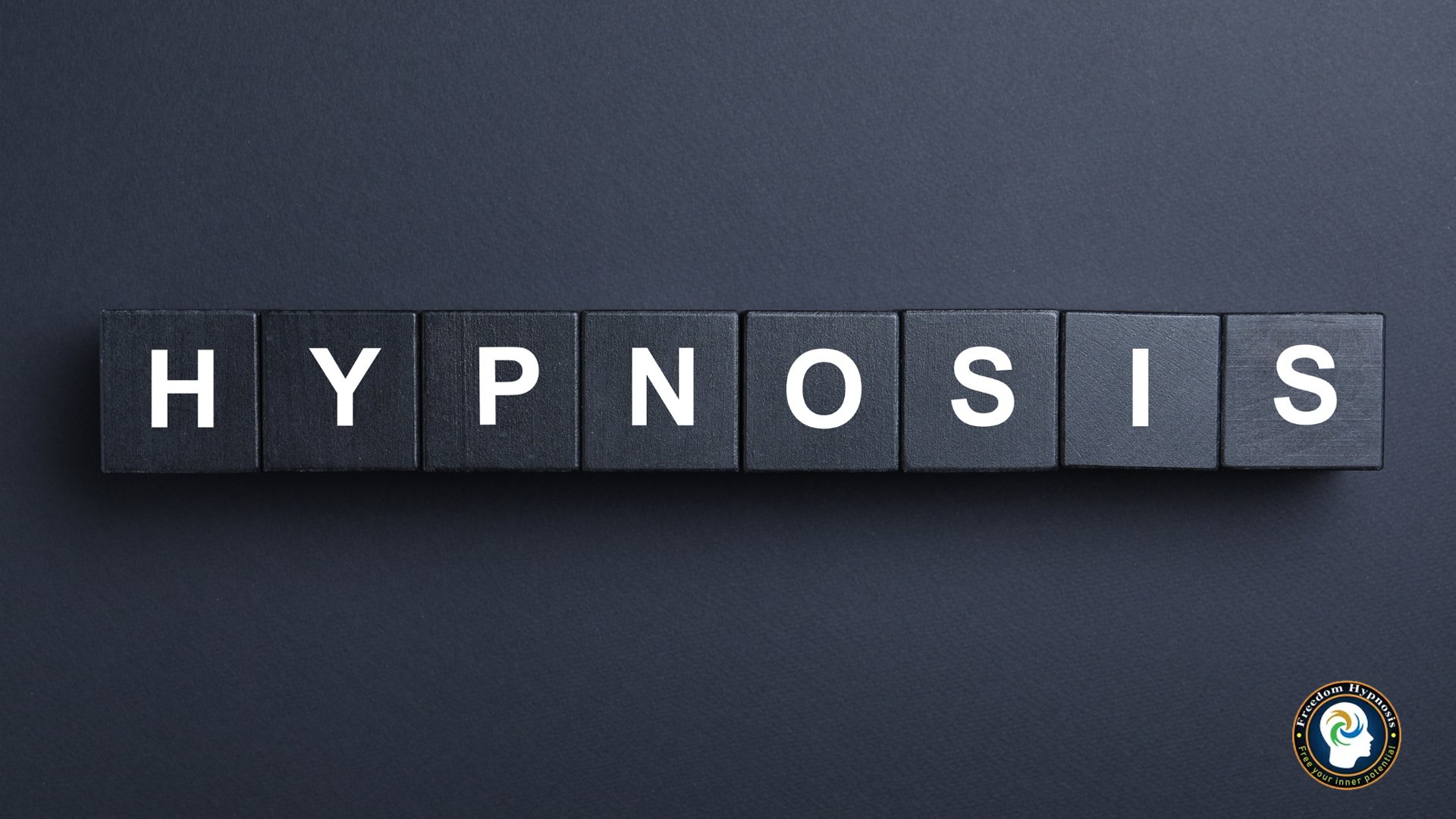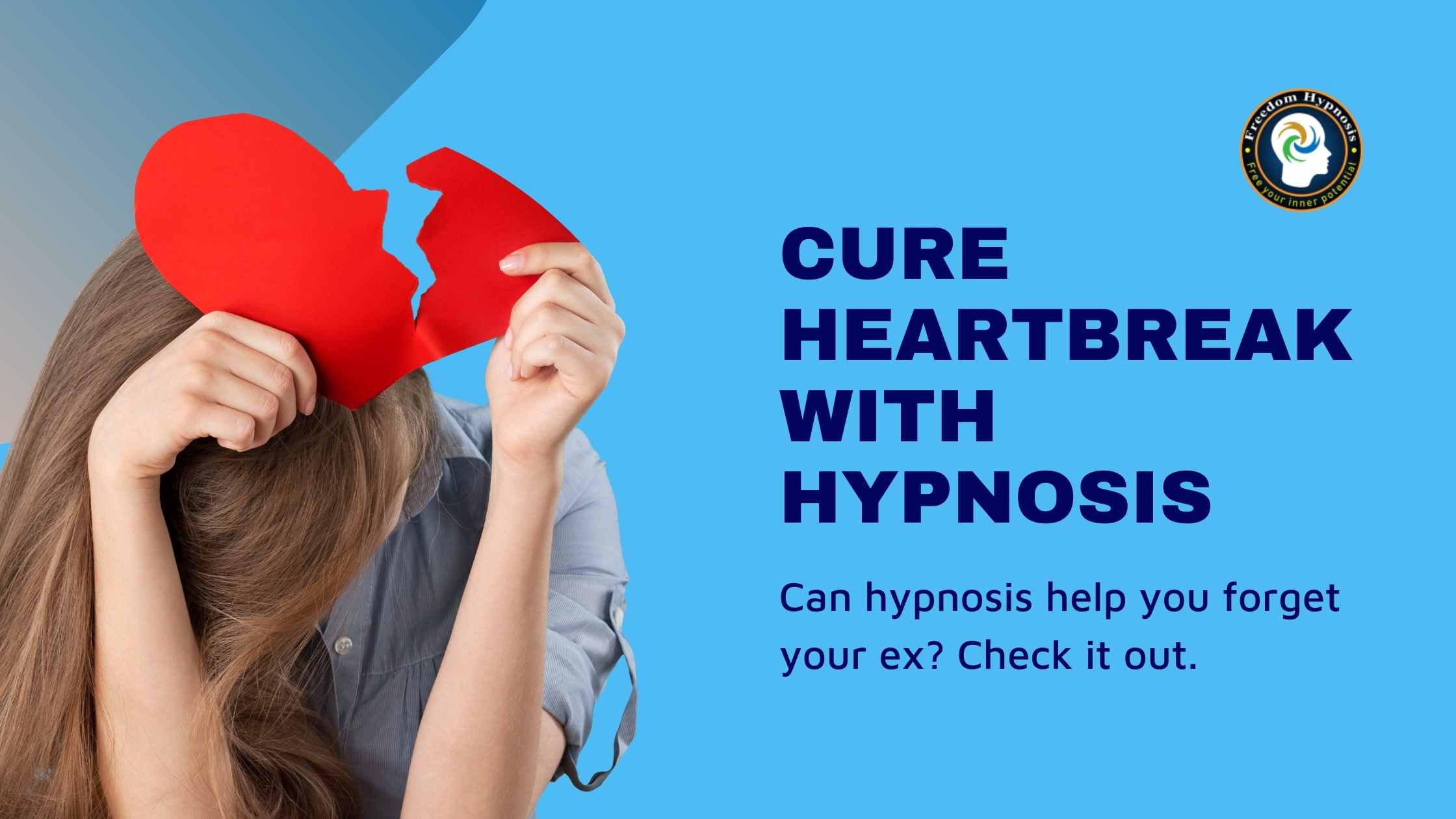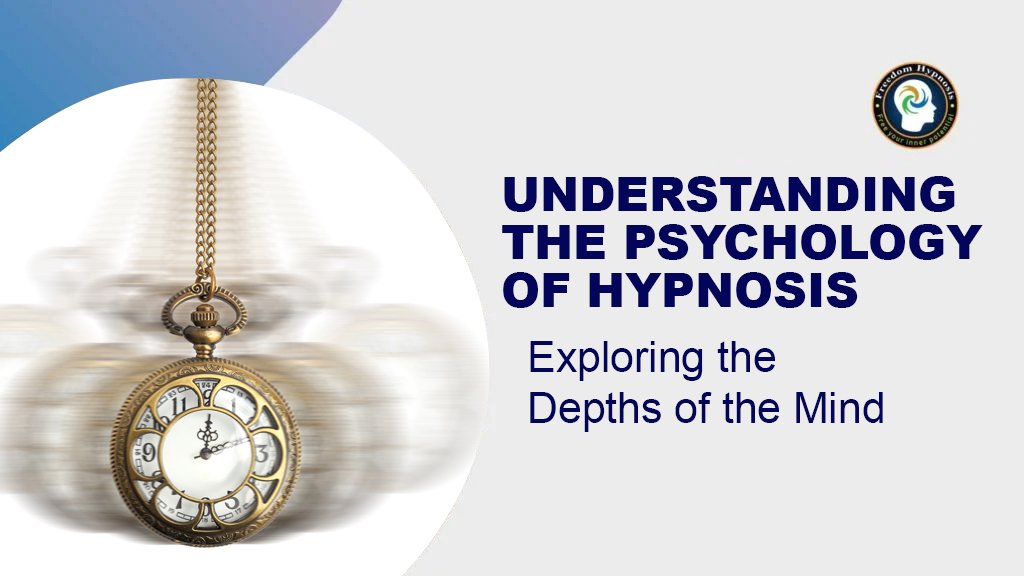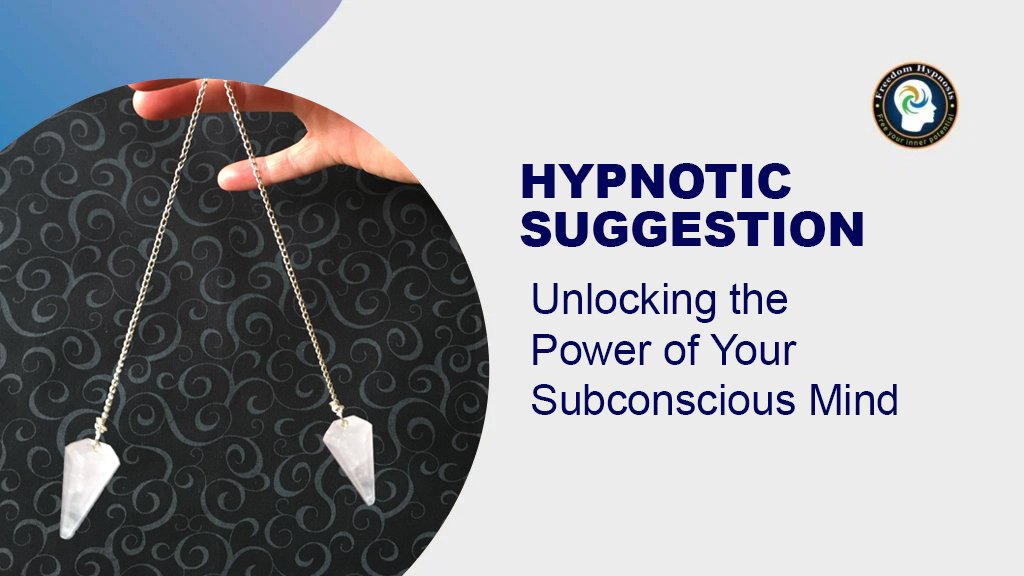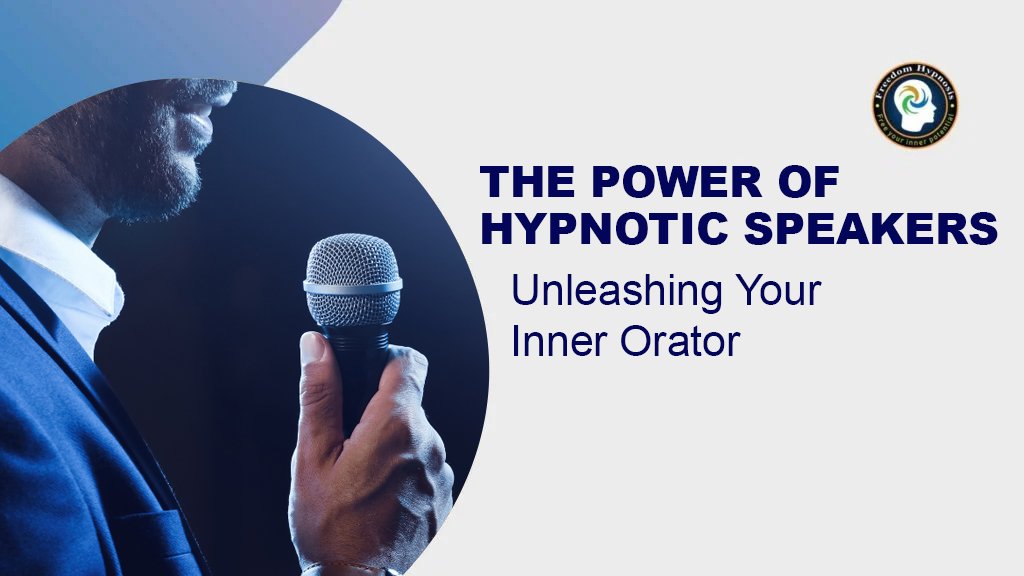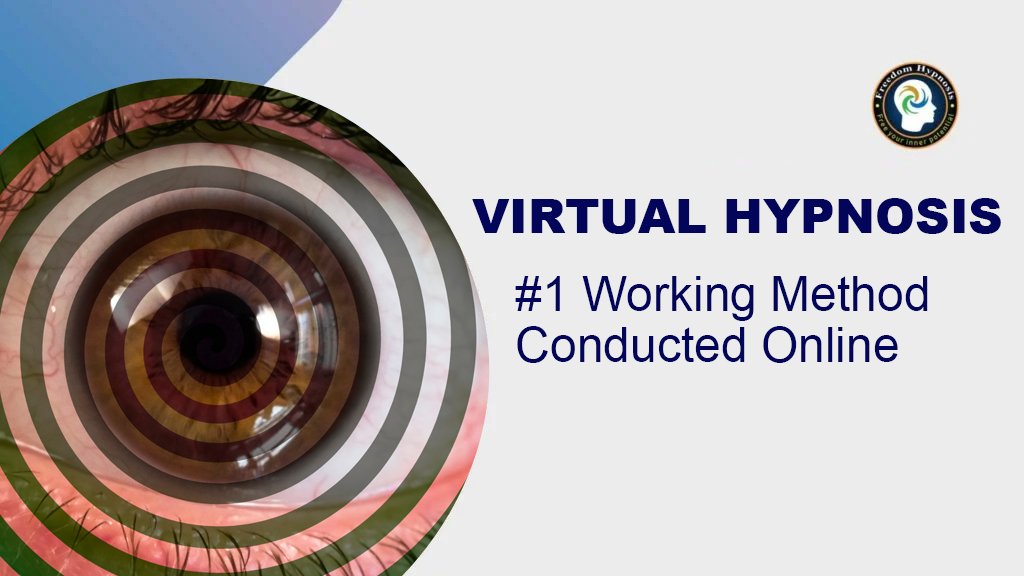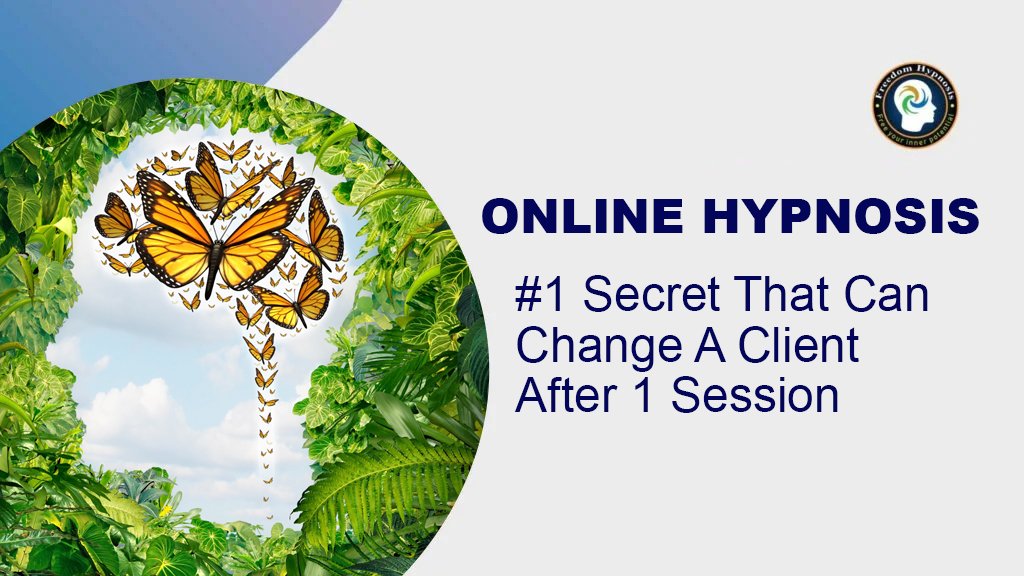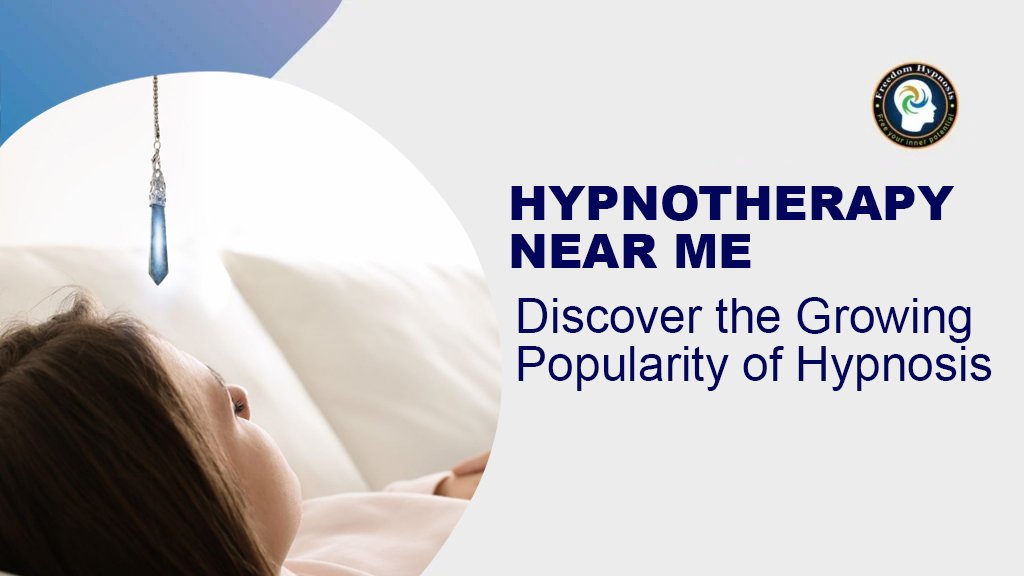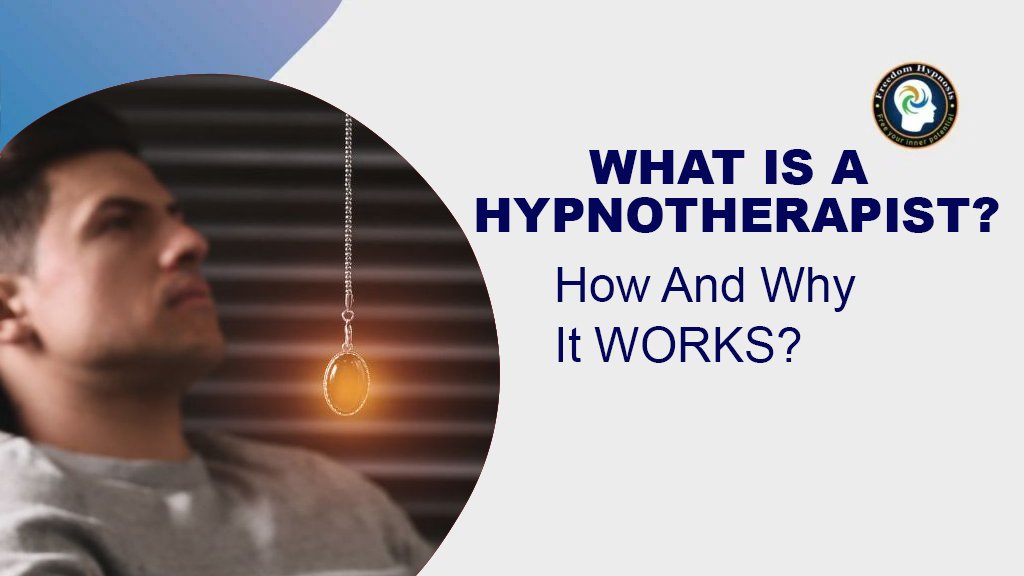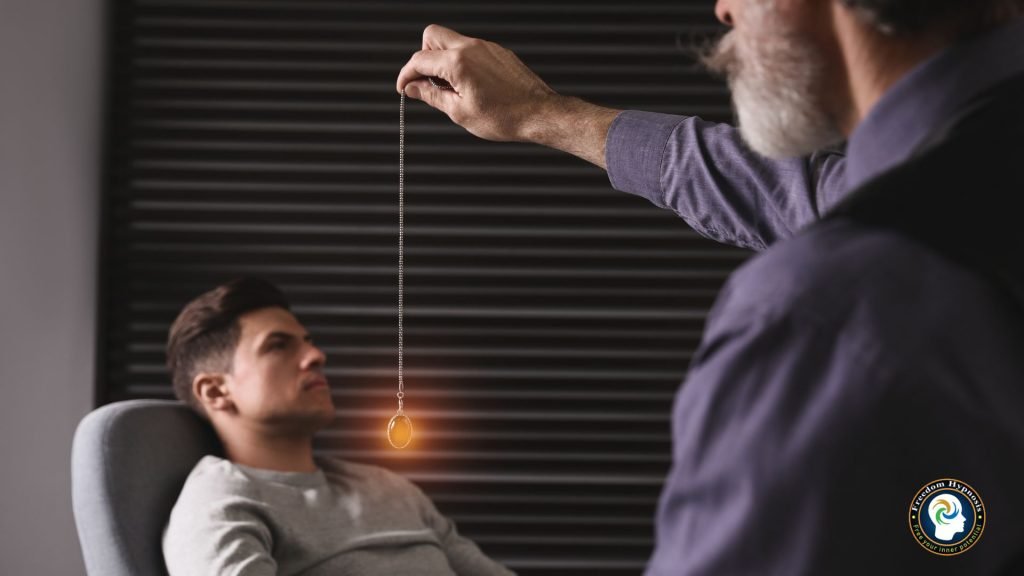
You’ve probably heard of hypnosis many times, but do you ever wonder what is a hypnotherapist?
For most people, this term evokes an image of a swinging watch and snapping fingers—just like in Hollywood movies.
The fact that it involves the human mind and lacks technical explanation makes hypnosis an interesting subject. This is because we have an impulse to crave things we can’t fully comprehend.
But the truth is that it’s not magic or anything supernatural. Hypnosis is now part of modern medicine. In this article, we will discuss how and why hypnosis works.
What is Hypnosis?
Hypnosis is a state of deep relaxation, reduced peripheral awareness, and enhanced tendency to respond to suggestions.
It’s a mind-body medicine that has been shown to be effective against various health issues. These include anxiety, insomnia, and chronic pain.
When combined with talking therapy, it is called “hypnotherapy”, which is different from traditional counselling.
Somehow, hypnosis is comparable to mindfulness or meditation. This is because they share the goal of disregarding distractions and biases to enter a state of receptiveness.
What is a Hypnotherapist
A certified hypnotist or hypnotherapist guides you into a trance-like state. In this state, you achieve an intense level of focus and concentration. The hypnotherapist uses verbal cues, imagery, and repetition to help explore thoroughly thoughts and ideas—the same as a hypnotist.
Both hypnotists and hypnotherapists use a trance state to create positive changes by tapping the subconscious mind.
Why Does Hypnotherapy Work?
Are you drawn to certain kinds of people for no apparent reason?
Why is it difficult to stick to your weight loss routine?
According to a Yale psychology professor, we have unconscious behavioral guidance systems that constantly supply us with suggestions. The brain considers these suggestions and often acts on them.
Your subconscious mind creates these systems to keep you safe and comfortable—using your experiences as raw materials. This is why you may feel discomfort whenever you want to try something new. It’s the subconscious mind that’s preventing you from leaving your comfort zone.
Perhaps you’re drawn to certain kinds of people because they suit your idea (in the subconscious level) of a friend or partner.
The problem: We rarely examine or even remember what’s in our subconscious mind. Add to that the number of distractions we have these days. Most of us can’t even concentrate on one task consciously. In fact, a study shows that our mind wanders 47% of the time.
A hypnotist can help you reach a state of heightened relaxation and focus, where you can delve deeper into your mind. This way, you can eliminate the oversimplified and outdated beliefs that hinder your goals.
Because you’re relaxed, you’re more likely to accept the suggestions from the hypnotist. These suggestions may change your behaviors and perceptions, including of pain. In a systematic review published in 2022, findings suggest that at least eight sessions of hypnosis could be an effective complement to managing chronic musculoskeletal and neuropathic pain.
However, the vulnerability to hypnosis is different from one person to another. Any fear or hesitation about this technique can prevent you from entering a trance-like mental state.
How Does It Feel Like?
During hypnosis, you may feel sleepy but fully aware of what’s happening. It’s like being absorbed in a book or movie that you don’t hear when someone talks to you. Most people who experience hypnosis describe it as a pleasant experience.
When the session is over, the hypnotist may guide you to exit the trance or wake you.
What happens to the brain during hypnosis?
A study published in Cerebral Cortex reported that guided hypnosis could alter brain activity. Although it’s unclear how it works at the physiological level, MRI (magnetic resonance imaging) shows it affects the brain regions responsible for perception. They saw three crucial changes in the brain under hypnosis.
- The activity in the area that participates in cognition and motor control decreased. Researchers think it’s because you’re not thinking of anything during hypnosis.
- The connection between the insula and the dorsolateral prefrontal cortex increased. The insula is believed to be involved in sensory processing, while the dorsolateral prefrontal cortex is in decision-making and mood regulation.
- The connections between the default mode network and the dorsolateral prefrontal cortex decreased. This could signify a disconnect between awareness and actions, which opens the doors for suggestions during hypnosis.
Can Anyone Undergo Hypnosis?

Hypnosis may not be the best treatment option for people with specific mental health problems, such as psychosis or personality disorder. It’s also not recommended for those with drug or alcohol problems.
Although it can help you relax and focus, you should be careful using it to deal with stressful events—particularly those that happened in your childhood. The suggestions may accidentally create false memories, which can worsen your distress. Being honest with the hypnotist about your medical history and therapeutic goals is essential.
Can You Use Hypnosis as Sole Treatment?
Usually, hypnosis is a part of other treatment plans or therapies. The use of this procedure in a clinical setting is determined by your doctor- whether a sole treatment or an add-on.
Conclusion:
An increasing number of studies are supporting the efficacy of hypnosis in dealing with various health issues. You may also consider this procedure for less severe problems, such as trouble concentrating and quitting bad habits. It’s only crucial to understand the limitations of hypnosis and only consult a trained hypnotist.
Book your free strategy session to get started and see if hypnotherapy is a good fit for you.

